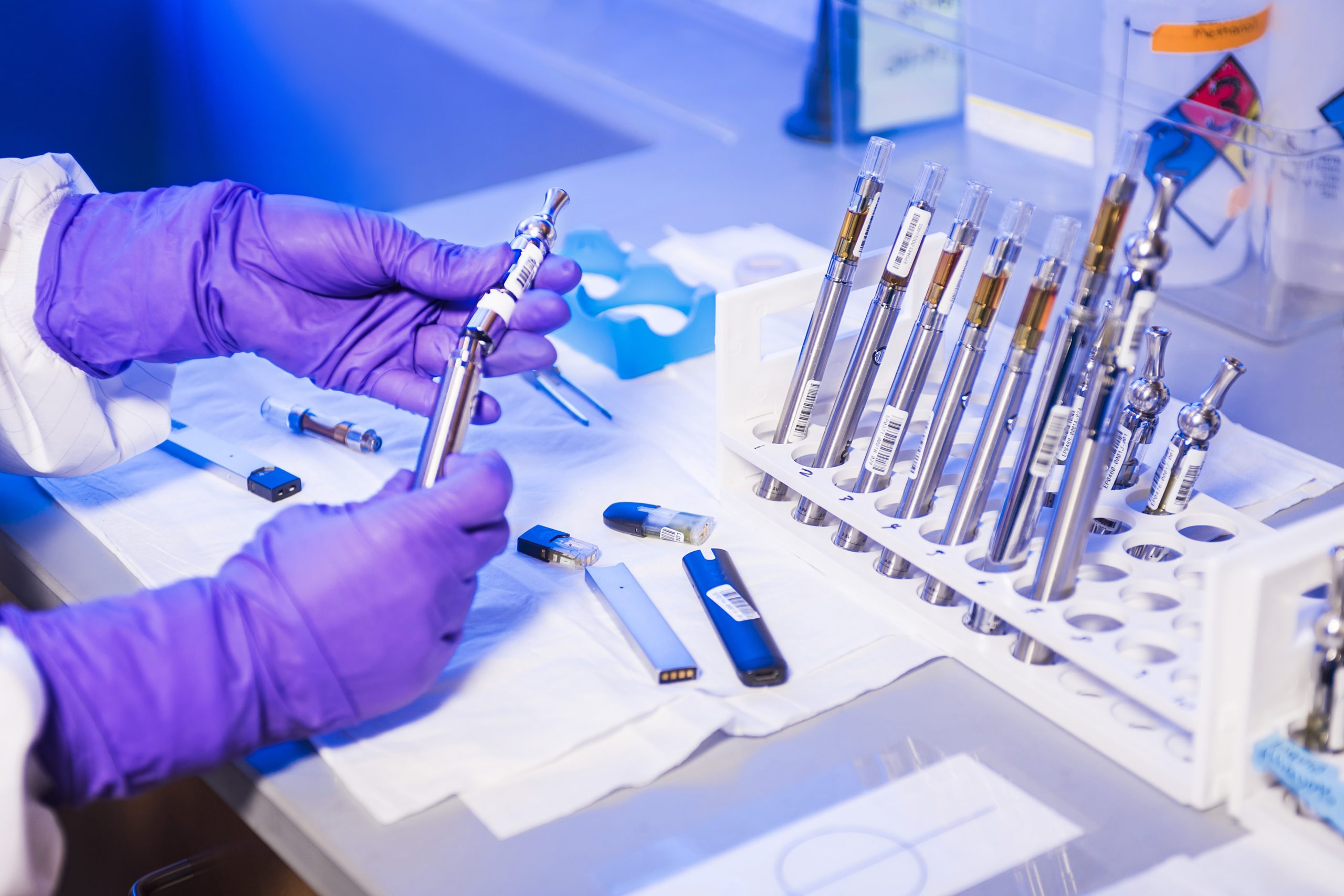Both public and private research organisations in the pharmaceutical industry worked tirelessly to discover vaccines to combat COVID-19. The success of these efforts within less than a year could be considered as a significant milestone to celebrate with pride in human history. While we have witnessed a huge contribution made by publicly funded universities and laboratories, especially in collaboration with private sector firms, for example Oxford Astra Zeneca, it is also possible to argue – when the contribution of private and public research is compared – that the contribution of the private sector is much greater.
It was in this context that Suma Athreye, Professor of Technology Strategy at Essex Business School and Daniele Archibugi, Professor of Innovation in Birkbeck’s Department of Management, presented their views. This timely debate, chaired by Birkbeck’s Dr Federica Rossi, was well-attended by experts in related fields, from practitioners to scholars in different stages of their career.
Public research: the unsung heroes of the story?
For Professor Athreye, public research was undoubtedly the unsung hero of the vaccine development process. Citing a number of key individuals in the public sector, from Professor Zhang Yongzhen, who released the genetic code of the virus in January 2020, to Alexander Gintsburg, who developed the Sputnik V vaccine, Professor Athreye argued that public research responded in the best way that it could to this enormous humanitarian crisis.
Looking at the numbers, two of the three approved vaccines have public science links, while eight of the sixteen vaccines in phase three trials have university and public research links.
Referencing the words of Professor Sarah Gilbert, who designed the Oxford vaccine, Professor Athreye emphasised that the vaccine effort is the fruition of decades of investment in public science, without which it would not have been possible to produce a vaccine at this speed.
What went wrong?
While acknowledging the quick reaction by the public sector to the crisis and the impressive outcome of several working vaccines, Professor Daniele Archibugi argued that public research efforts in the development, manufacturing and administration of the vaccine were far from exemplary.
A key failing has been in the administration of the vaccine, which should have been planned while the vaccine was being developed. Professor Archibugi also highlighted that the public sector was less quick to divert its activities to vaccine development than the private sector, which fully embraced the challenge from the start.
Considering the patchy distribution of the vaccine and the notable success of the US, UK and Israel in securing doses for their populations, Professor Archibugi criticised global governance and argued for compulsory licensing to allow developing countries to access the vaccine.
The presentations were accompanied by lively discussion from attendees, leading Dr Muthu De Silva to suggest the need for a series of scholarly discussion in the areas of (A) vaccine nationalism vs globalisation, (B) performance by different countries at different stages of the vaccine development process, and (C) the effectiveness of different forms of IP to address global challenges. She said: “It is demonstrated in today’s debate that there are several opportunities for us to learn from the vaccine development during COVID-19, which we could capitalise on to better understand how to deal with global challenges.” Dr De Silva extended an open invitation to the audience to engage with organisers and each other in taking this forward.
The recording of the workshop is available here
Further Information
- Join us for the next event in this series
- Department of Management
Further Reading
Over the course of the discussion, speakers and attendees shared a number of related articles. Links to these can be found below.
- Politico.eu: How the UK gained an edge with AstraZeneca’s vaccine commitments
- FT (paywall): How the UK boosted its vaccine manufacturing capacity
- Event: The Oxford vaccine: Innovation for the global good
- Wired: How mRNA went from a scientific backwater to a pandemic crusher
- NY Times: Rich countries signed away a chance to vaccinate the world
- Gov.uk: More than 25 million people in the UK have received their first vaccine dose
- Biocentury: DARPA’s gambles might have created the best hopes for stopping COVID-19

